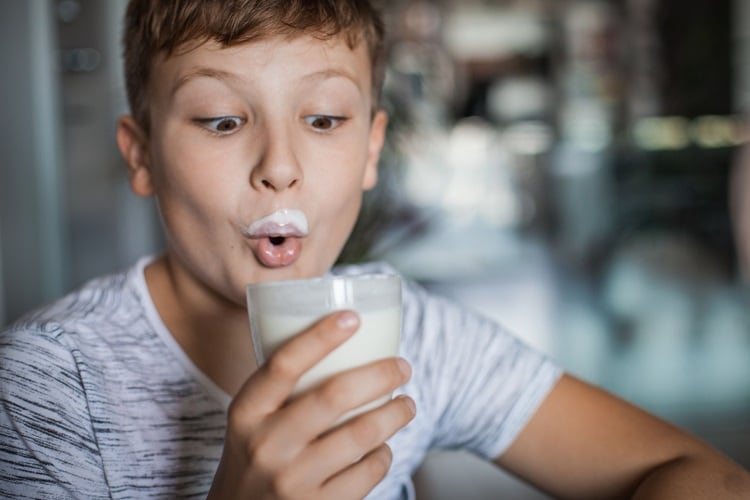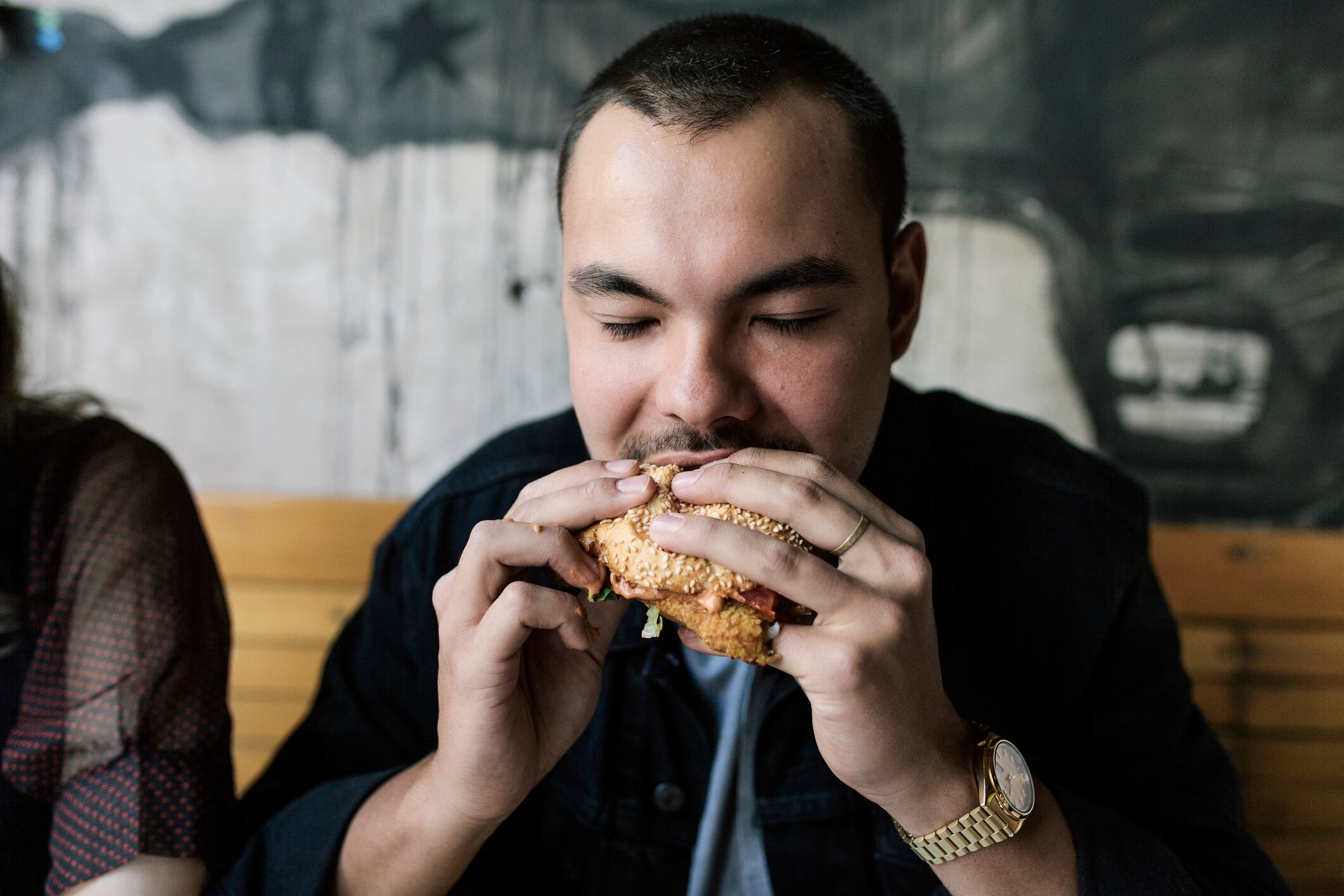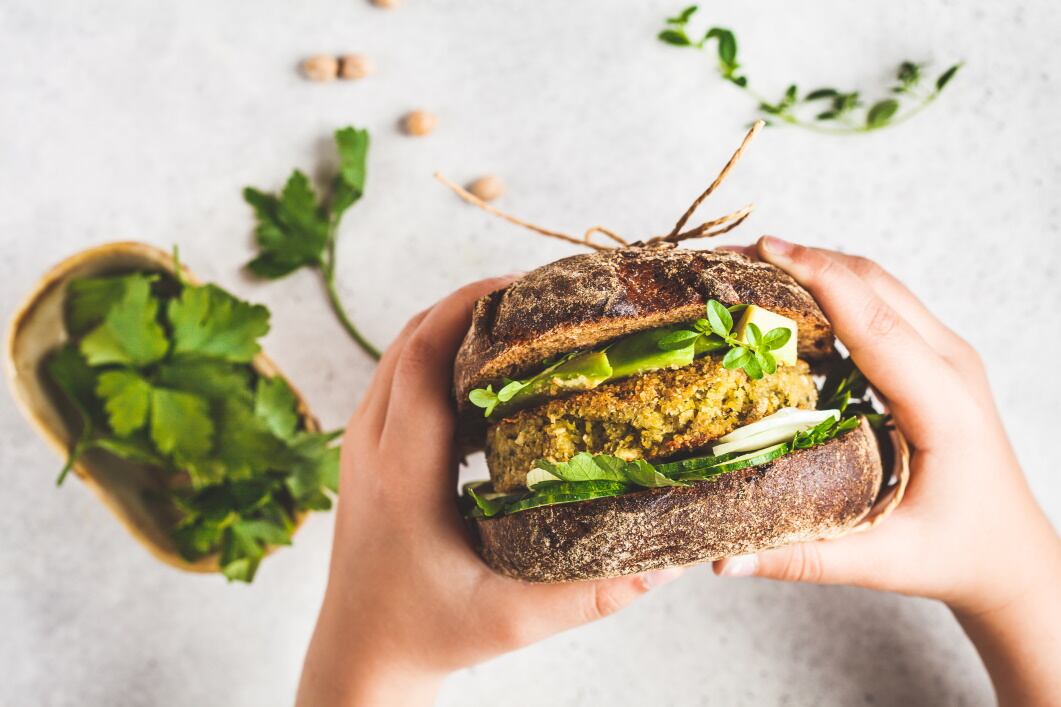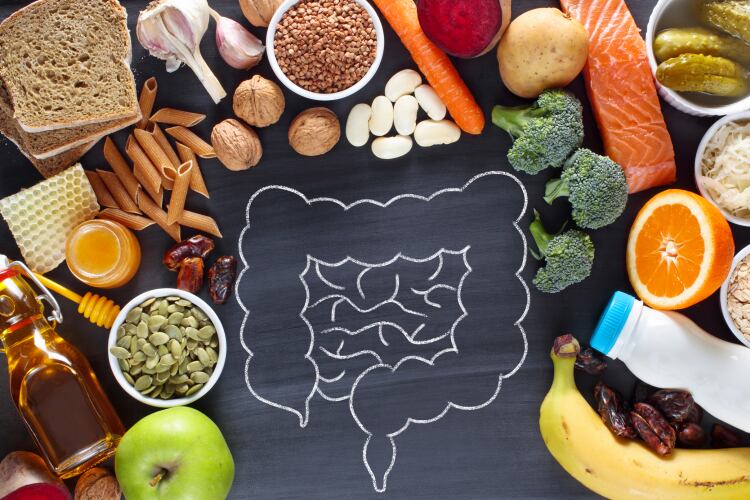Between now and 2050, global populations are expected to rise to close to 9bn. With that, comes an increase demand for protein – animal-derived protein alone is expected to double compared to 2017 levels.
Increased awareness around the environmental impact of animal agriculture – livestock production is estimated to contribute to 14.5% of human-induced global greenhouse gas emissions – has helped to propel the global market for plant-based alternatives.
It’s estimated the global plant-base meat market is worth $7.9bn, according to Markets and Markets, with projections it will reach $15.7bn by 2027. The global dairy market, recently valued at $22bn, is forecast by Fortune Business Insights to grow to $61.4bn by 2029.
Yet whether plant-based meat and dairy alternatives are completely winning over consumers of their conventional counterparts is contested.
“We have a problem,” according to Nadav Berger, founder and managing director of food tech investor PeakBridge VC. “Meat consumption is growing, and their replacements are not growing at the pace [required to] make a difference,” he told delegates at the Future Food-Tech event in London. “We believe, at PeakBridge, that those alternatives are not good enough.”
It comes down to their taste, texture, and nutritional profiles, he suggested: “Nobody wants to kneel…The general audience will move to [meat] alternatives only if they’re going to be tasty, clean, and healthy.”
How can meat and dairy alternatives be developed to hit the mark on taste and nutrition? Some argue cellular agriculture is the only way.
Accelerating adoption of new ingredients
A great number of players in food tech are working to bring novel ingredients to the market.
In Europe, where Novel Foods regulation is more stringent than in other geographies, cellular agriculture-derived meat and dairy products have yet to be commercialised. Over in the US, however, precision fermentation-derived dairy player Perfect Day has been selling its animal-free whey since 2019.

The company recently launched into Asia, and according to Alex Brittain, who heads up Perfect Day’s international strategy, development and operations, the business ‘has plans to come to Europe in the near future’ as well.
Regulation is undoubtedly a concern for cellular agriculture pioneers, but according to Brittain, of all the barriers facing adoption of new food ingredients, he perceives consumer acceptance and trust to be the ‘big challenge’.
Changing consumer purchasing and consumption behaviour is near impossible, suggested the Perfect Day SVP.
In 2018, recipe box company HelloFresh commissioned a survey on scratch cooking in the UK. Findings revealed a quarter of Brits are able to cook just three tried and tested recipes. “This goes to show how deeply entrenched and engrained shopping behaviours are, and how they link to food habits,” he told delegates at the Future Food-Tech event.
“Asking people to try something new and different, that tastes different or compromises on nutrition, is going to be a challenging path to tread.”
Perfect Day is leveraging precision fermentation, whereby microorganisms are genetically-programmed to express complex molecules, to create bio-identical whey proteins. Over the last few years, the company has launched animal-free milk, cream cheese, ice cream and chocolate products, other by itself or in partnership with manufacturers.
“We believe that offering people known solutions, offering them the same food – made differently – is the path of least resistance,” said Brittain. “And in offering known solutions, we’re finding it easier to partner with scale food manufacturers, because it’s easier for them to integrate known ingredients into their recipe and onto their existing…production platforms.”
‘We can’t ask consumers to shop their way out of the climate catastrophe’
Of course, there is a ‘small proportion’ of people who are willing to compromise, suggested Perfect Day’s Brittain, describing consumers who make decisions based on ‘logic’ and by ‘thinking through sustainability’. “But I think that those people are, realistically, few and far between.”
Whether the responsibility to reduce consumption – and accordingly, production – of animal agriculture-derived products lies with consumers or the food industry is another hotly contested topic.
Israeli cultivated meat start-up Future Meat Technologies doesn’t believe placing the responsibility on consumers is getting us anywhere, fast. “For the past 10-15 years, we’ve been saying to consumers that they should shop their way out of our climate catastrophe,” said CEO Nicole Johnson-Hoffman.
“That is not a sensible approach to this problem. We have to deliver supply-side solutions. We have to supply consumers with foods that they need, that we know they will like, and that have already solved these problems for them.”
Future Meat’s solution is cultivated meat grown from animal cells in bioreactors. Its first products to market will likely be cultivated chicken and cultivated lamb products, with cultivated beef in the pipeline.
Like Brittain, Johnson-Hoffman acknowledges that without meeting consumer expectation on sensory attributes, market disruption is far from a sure-thing.
“Food has always had to deliver for the consumer. It has to deliver the full sensory experience, it has to be at the price point that fits within their budget, and it has to work for their food traditions. If you don’t deliver that, go home.”
‘We can’t shift to plants, without better fats’
Others argue there is potential for plant-based to disrupt conventional meat and dairy, if those plants are blended with lab-grown animal fats.
That industry needs to move away from current ‘unsustainable’ agricultural systems is a no-brainer, according to Dr Anastasia Krivoruchko, co-founder and CEO of precision fermentation-derived fat start-up Melt&Marble.
“But we’re not going to get there unless we can offer a good taste experience. We’re not going to get there – shifting our consumption to plants – unless we can offer better fats.”
Indeed, mimicking meat with plants is no meat feat. Achieving the same appearance, texture, taste, and mouthfeel as conventional animal-based products across the board remains a real challenge. One of the biggest hurdles, according to Dr Krivoruchko, lies in the fat component of plant-based analogues. “Fat is in a lot of products with protein, so it’s a really important component to get right.”

Dr Krivoruchko also takes issue with the sustainability profile of fats currently used in plant-based formulations. Coconut oil, she told delegates, is a popular choice. But coconut oil is associated with biodiversity loss, with some arguing coconut production’s threat to biodiversity is five times greater than that of palm oil.
“It’s about producing something that is not just more delicious, and which makes plant-based products better, but which is more sustainable.”
By engineering yeast to develop animal-like fats, Melt&Marble has already developed a beef fat alternative. The Swedish start-up’s technology is also capable of creating chicken-like or pork-like fat, and Dr Krivoruchko suggested dairy-like fat is another area of interest – all with the intention of selling B2B to makers of plant-based alternative products.
But can we overlook regulation and cost?
While convinced of the plant-based/cellular agriculture hybrid category’s potential to win over consumers, Melt&Marble’s CEO acknowledges the regulatory hurdle in its way. Although based in Europe, the start-up will be forced to launch its product across the pond in the US, which the regulatory framework is more ‘streamlined’.
“Its faster and we can put something on the market [over there] much faster,” she told delegates. In EU’s Novel Food application process is ‘rigid’, and time consuming, Dr Krivoruchko suggested. “In general, this framework is not really compatible with innovation. A lot of precision fermentation companies are starting out in Europe but going elsewhere [to enter] the market. Which is unfortunate.”
Cost is another barrier in accelerating uptake of these new, animal-free products. Melt&Marble is aiming for prices under €10 per kg and at full-scale, the start-up is aiming for under €5 per kg.
London-based Hoxton Farms, a start-up developing cultivated fat from real animal cells, is on-track to achieve cost parity with coconut oil – the product it is principally replacing. Coconut wholesales for around $8 per kg, and as Hoxton Farms scales, it hopes to get that down to the ‘low single digit dollars’ per kg.
But, as was echoed by cellular agriculture start-ups throughout the food tech event, “it’s not just about price”, stressed Hoxton Farms co-founder Dr Max Jamilly.
“We know that consumers are willing to pay more for products that taste better, the Beyond Burger shows that very clearly.”





